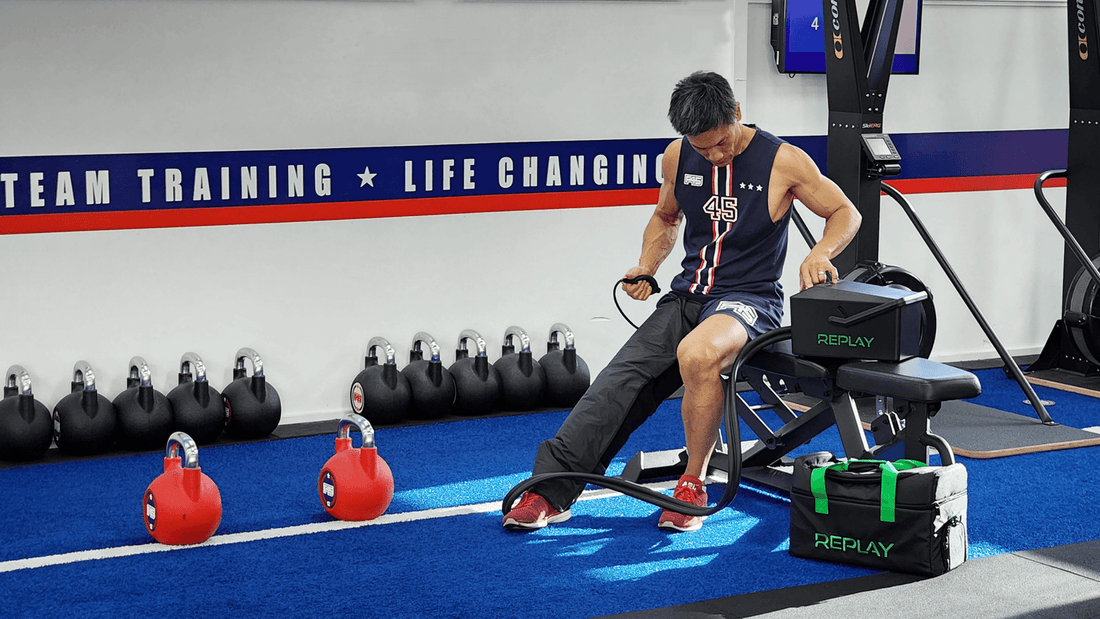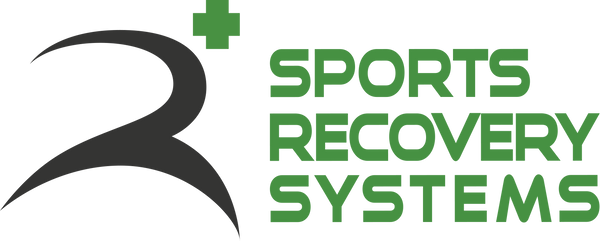
Why is Recovery Important After Sport?
Share
Recovery after sport is more than just resting. It is the process that allows your body to repair, restore energy, and adapt so you can perform again at your best. Training and competition push your muscles, joints, and nervous system to their limits. Without proper recovery, these small stresses build up and can lead to fatigue, soreness, and injury.
In this guide we explain why recovery matters, what happens inside the body after exercise, and the simple habits that help athletes of all levels recover well.
What happens to your body during training
Every training session or game creates tiny tears in your muscles and places stress on tendons, ligaments, and joints. Your body also uses up glycogen, the main energy fuel stored in muscles. This breakdown is normal and necessary for growth, but without recovery it can leave you tired, sore, and vulnerable to injury.
Recovery is when the body switches into rebuild mode.
How recovery supports performance
Recovery gives your body the time and space to repair and adapt. This is when muscles knit back together, energy stores are replenished, and the nervous system resets. It is also when the body gets stronger from training stress. Skipping recovery means you limit these benefits and increase the risk of overtraining.
The best athletes are not just good at training hard. They are good at recovering well.
Simple habits that improve recovery
Recovery does not need to be complicated. A few small, consistent steps make a big difference:
-
Sleep: Aim for consistent, quality sleep. It is the most powerful recovery tool.
-
Hydration: Replace lost fluids to support circulation and nutrient transport.
-
Nutrition: A balanced meal with protein and carbohydrates helps repair tissue.
-
Movement: Gentle walking, stretching, or mobility drills reduce stiffness and keep blood flowing.
-
Therapies: Methods such as cold therapy or compression may help reduce swelling and soreness after heavy effort.
When to seek professional support
Mild tightness after training is common, but not all soreness is normal. Sharp pain, swelling that does not settle, or ongoing fatigue despite rest are signs that something more may be happening. In these cases it is best to speak with a physiotherapist or health professional who can guide you safely back to sport.
The key takeaway
Recovery is not a luxury, it is part of the training process. By building recovery into your routine, you support long-term performance, reduce the risk of injury, and make the most of the effort you put into training.
